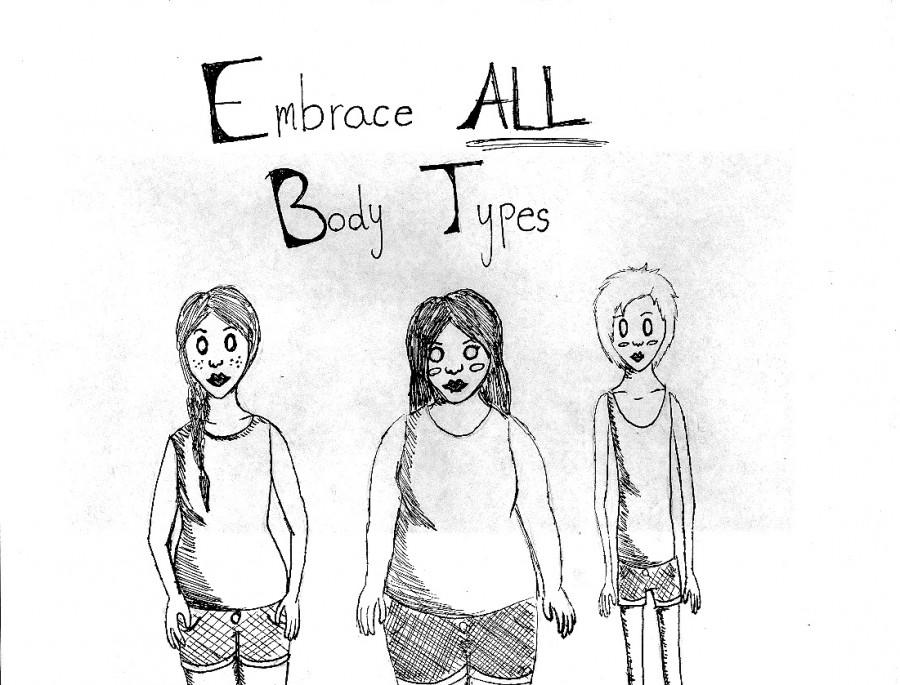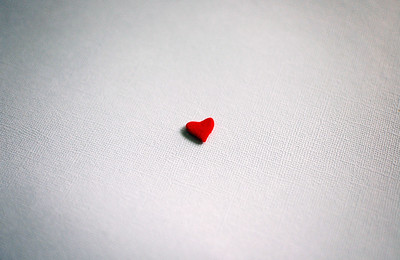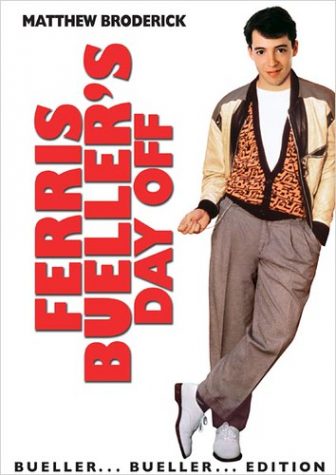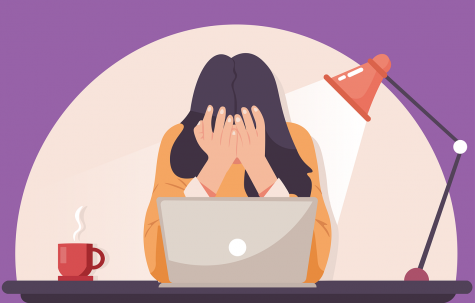Body-shaming: how media offends the ‘skinny girl’ too
“Cause I’m all about that bass, ‘bout that bass, no treble.”
We all recognize the lyrics to Meghan Trainor’s “All About that Bass”, but do we really think about what she is truly saying? At first, it seems as if the song is embracing all body types with lyrics such as, “Cause every inch of you is perfect; From the bottom to the top,” but as I listen closer, each verse is filled with lines that contain negative connotations towards being thin, following a new and horrifying trend of skinny-shaming. The frequency of fat-shaming is an important issue that is often openly discussed, but the new phenomenon, “skinny-shaming,” is now sweeping the media and deserves our attention as well.
The song repeats the line, “Boys like a little more booty to hold at night.” This line has a few issues. First of all, it gives the message that girls need to base how they look on what boys prefer, which is a harmful and highly misleading message.
Girls, you should NOT change your appearance or decide how to look based on what the “normal” guy wants. Same for guys–just because some girls have certain standards, doesn’t mean they should be the basis for how you appear. Messages like these are harmful for teen development and mentality for teens with bodies of all sizes.
The second issue with the line is that it implies that thin girls are not desirable. Since when did criticism of the fashion industry turn into full-on body-shaming? The entire point and end goal of the fight for models of different sizes, such as Dove’s Real Beauty campaign, was to make everyone aware that they are beautiful. However, here, we see body-shaming against thinner girls. Body type is genetic–some people have a faster metabolism and are therefore thinner, similarly to those who are genetically predisposed to have a slower metabolism. Why make these people feel bad in order to make someone else feel better?
I have a friend who is naturally very thin, and people comment on how she’s “too skinny” and needs to eat more junk food, which is the same thing as telling someone who’s larger that they need to eat less. Both are offensive–no one should have the right to comment on someone else’s body shape. These comments lead to a negative mentality.
“All About that Bass” is not the only current song that takes embracing of “curves” to the extreme. Nicki Minaj’s new song, “Anaconda”, delivers a similar message. Although it’s a fun and catchy song, there is an entire chorus that skinny-shames. Listen to it again, you’ll know what I’m talking about–it’s too inappropriate and offensive to quote here.
This is not to say that body-shaming in the other direction is not prevalent in our society. A few years ago, Urban Outfitters released a t-shirt with the words “Eat Less” printed on the front. This offensive fat-shaming was quickly pulled from shelves and website.
But fast forward to now and top songs like “Anaconda” and “All About that Bass” carry a similar body-shaming message as the Urban Outfitters shirt, but nobody is fighting to stop the messages from occurring in places that we are bound to find them. Why is that perfectly fine, but telling someone to eat less isn’t?
Within the past few years, commercial fashion lines such as H&M have started lines for plus sized women, such as the “Big is Beautiful” collection. Once again, it seems as if an influential brand is telling customers to love their bodies, but these campaigns only have a positive message if thought of one way.
I think the phrases used to promote beauty products and fashion lines for women with “curves” unintentionally lowers the self-esteem of thinner people. Is being thin not beautiful, too? If fashion did not focus on body type, all people could find ways to use clothes to make themselves feel beautiful without being told that a certain body type is desirable.
As of now, society is still marketing a bias towards being thin, but it’s changing rapidly as people continue to create songs and brands that cater only to a larger audience.
Helping people who naturally have larger bodies realize their beauty should not mean sacrificing the body image of people who don’t fit this new standard. With this new mindset of “embracing your curves” and “big is beautiful”, if someone is thin, they are viewed as unhealthy.
Instead of reversing the body-shaming, we should be working to embrace all body types. As teenagers, we can try to stop blindly supporting institutions, companies and celebrities who have entered into the stigma of body-shaming. Embracing a healthy body type, which varies for every person, is one of the few ways to make everybody comfortable in their own skin.
Emma Pinsky is a senior and the managing editor of Deerprints. She joined Deerprints as a sophomore to pursue her interest in writing and it quickly became...











